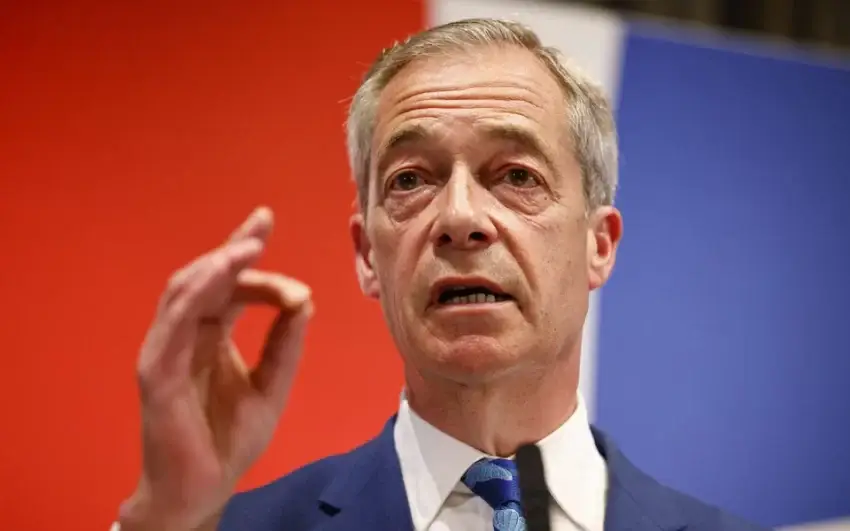Nigel Farage has strongly opposed the idea of Shein, the Chinese-founded fast-fashion retailer, listing on the London Stock Exchange.
According to Farage, the potential £50 billion listing of Shein would not help to revive London’s financial market.
Farage’s Criticism of Shein’s Listing
Nigel Farage criticised the efforts by ministers, including Chancellor Jeremy Hunt, to attract the company to London. Farage argued that it would not help revive the market and emphasised that Shein’s potential £50 billion listing would not enhance London’s financial stature.
Regulatory Challenges
Farage attributed the London Stock Exchange’s struggles to ‘excess regulation’ and called for a ‘radical rethink of the financial market rules.’ He argued, ‘We have not deregulated from EU rules at all.’ Farage insisted that encouraging Shein to choose London would be a mistake and wouldn’t change the IPO crisis in the City.
Political Support for Shein’s Listing
Jeremy Hunt also held talks with Shein’s executive chairman Donald Tang in January to persuade the retailer to choose London.
Concerns Over Labour Practices
Peter Hugh Smith, chief executive of CCLA Investment Management, warned that allowing Shein to list in London would risk the City becoming a ‘listing venue of last resort’ for companies with questionable human rights records.
Farage’s Strong Opposition
He continued, ‘They see an IPO for Shein and say,
No, it doesn’t. It doesn’t at all.’
Government’s Position
A spokesperson for Shein responded, ‘Shein has a zero-tolerance policy for forced labour and we are committed to respecting human rights. We take visibility across our entire supply chain seriously and require our contract manufacturers to only source cotton from approved regions.’
Farage’s Wider Economic Concerns
He called for a radical rethink, arguing that Shein’s listing decision ‘won’t change the IPO crisis’ in the City.
Farage’s strong opposition to Shein’s potential London listing is clear, citing regulatory burdens and human rights concerns.
The debate continues, with political support on one side and significant ethical issues on the other.


